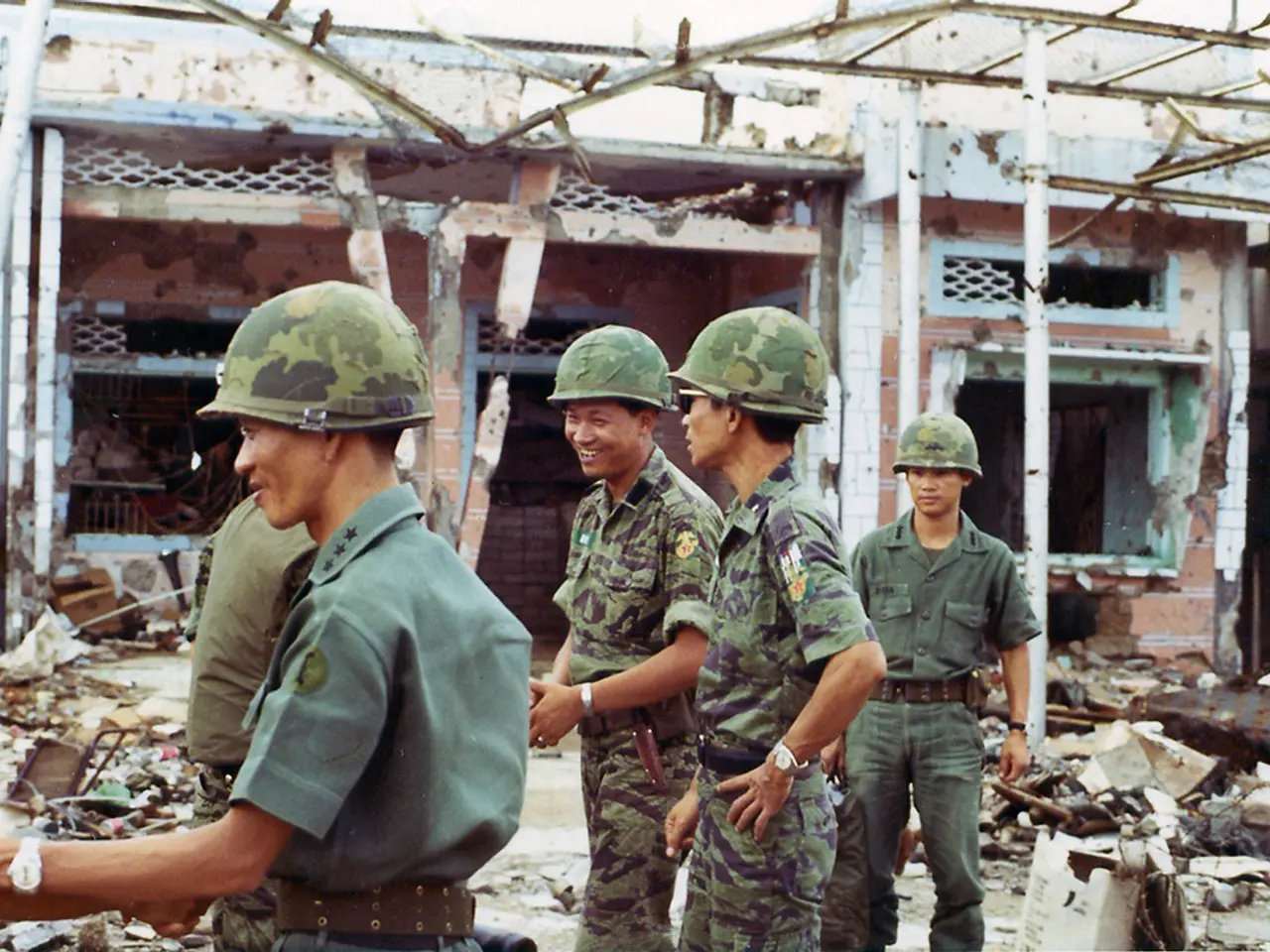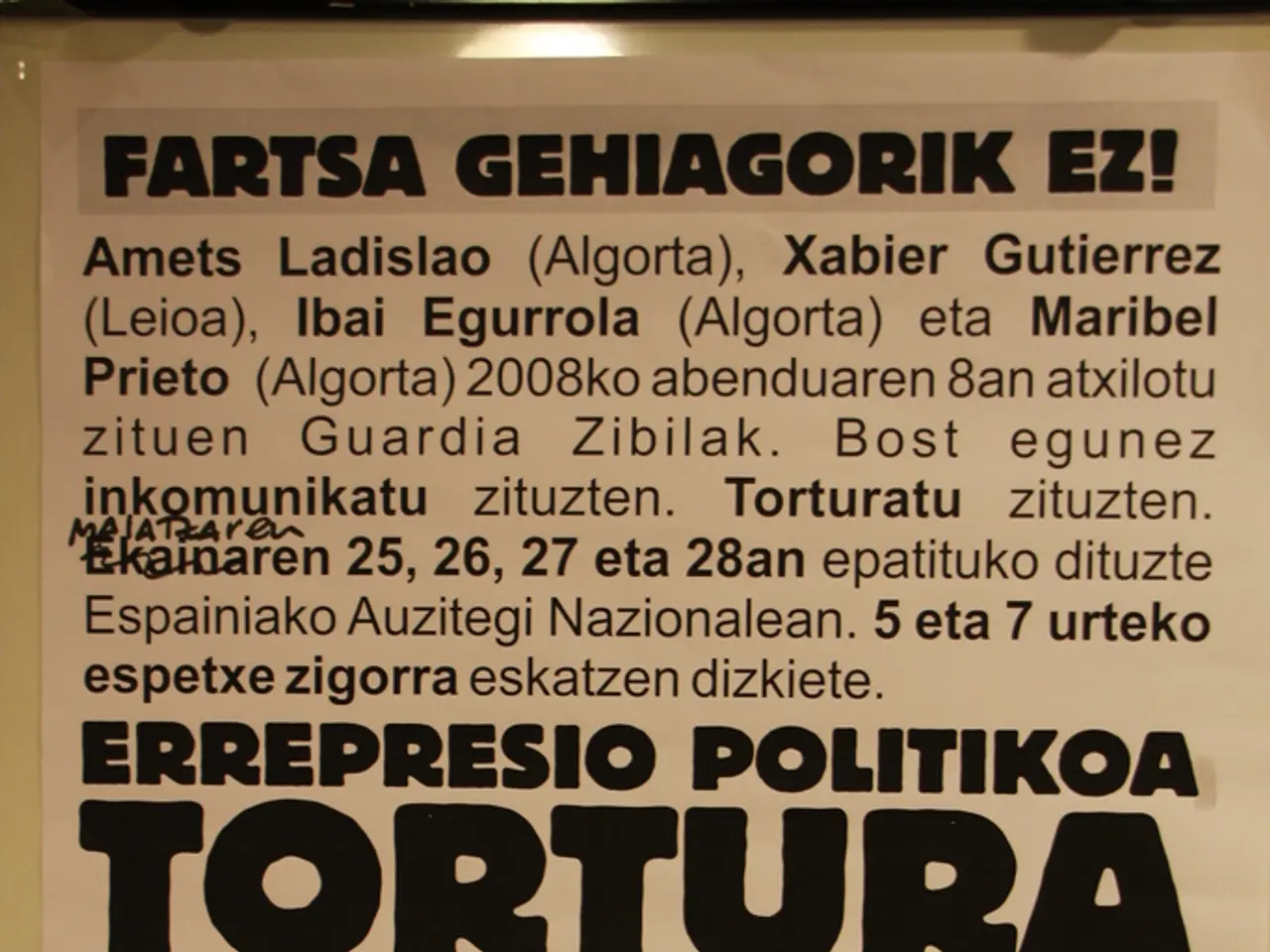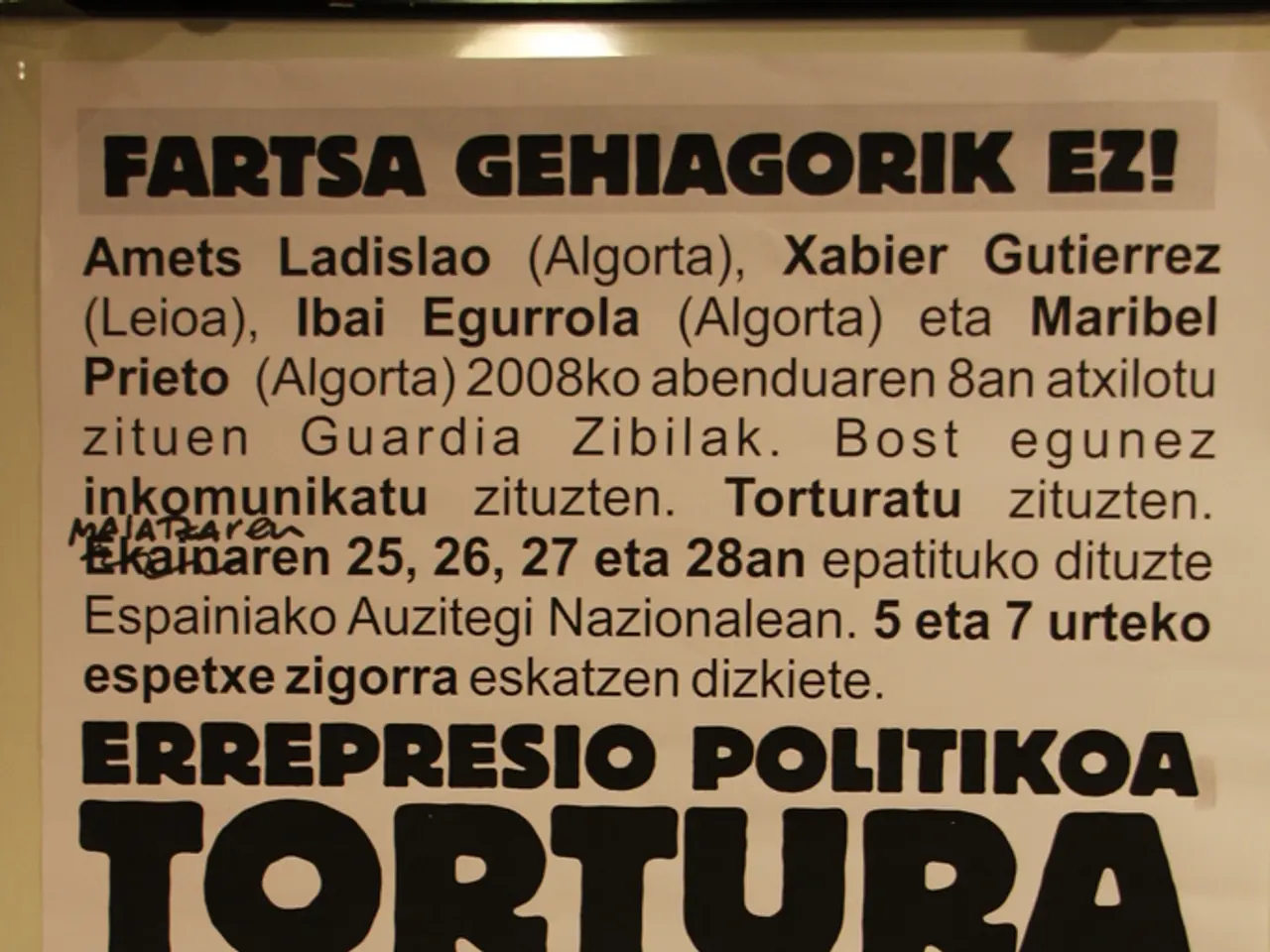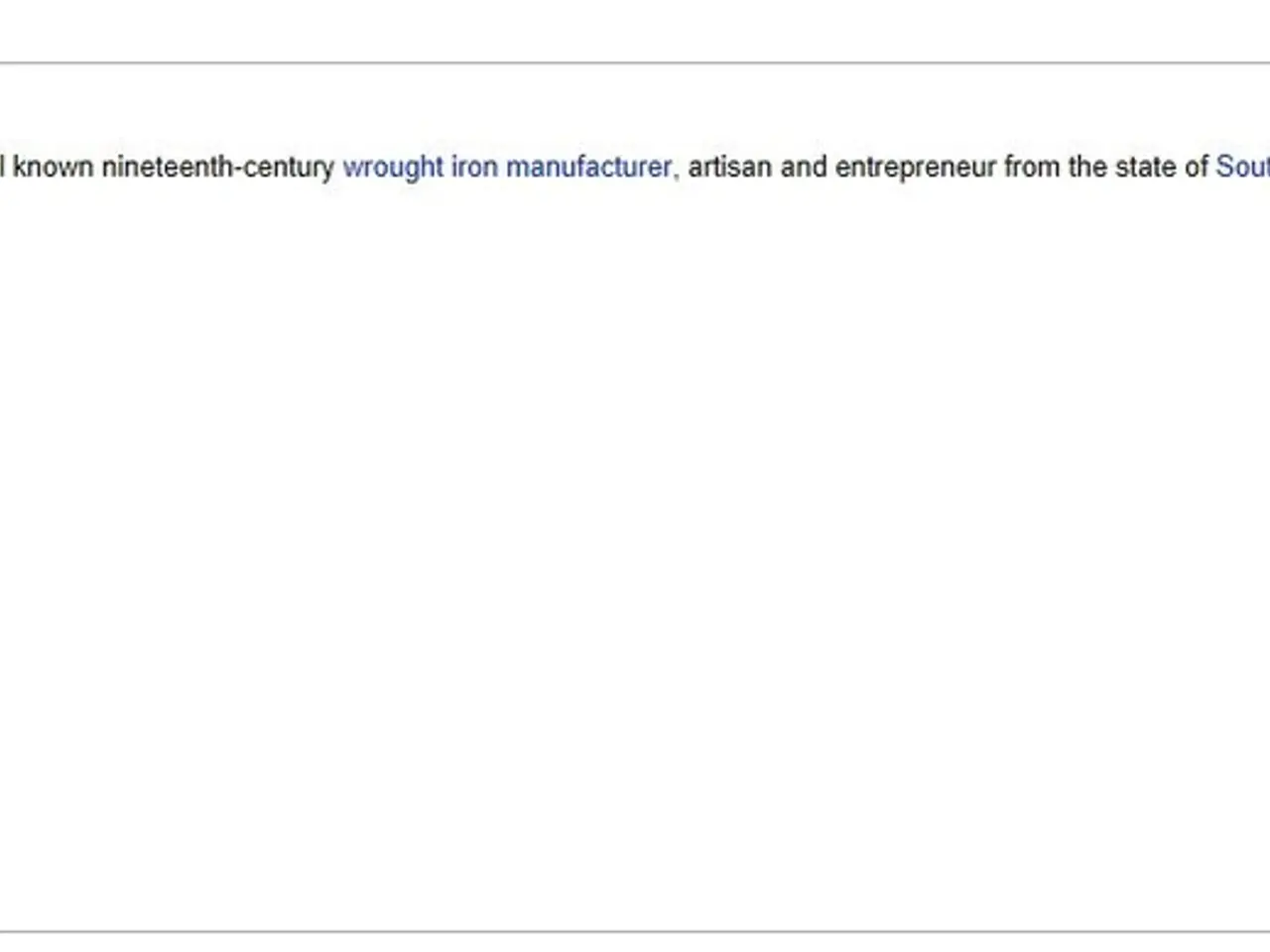Military Strategist Examines Gaza Operations for Hostage Rescue and Hamas Weakening
In May 2025, the Israel Defense Forces (IDF) initiated Operation Gideon's Chariots, a four-month-long ground operation in the Gaza Strip aimed at gaining and holding more territory than previous incursions, applying military pressure on Hamas, and securing the release of hostages. However, as of early August 2025, the operation appears to be winding down without having achieved its primary objectives [1][2].
IDF Chief of Staff Lt. Gen. Eyal Zamir has stated that combat operations might pause or reposition depending on political decisions, especially any hostage release deal. If no deal is reached, the directive is to intensify and expand operations as much as possible [2]. Despite some tactical successes, such as the capture of three Hamas terrorists in Beit Hanoun, military and political leaders remain divided on how to interpret the operation’s results and on future steps [1].
In late July, the IDF officially began "local tactical pauses" and reopened humanitarian corridors to increase aid deliveries to Gaza. This move, opposed by senior military officers, has coincided with a decline in combat intensity and casualties [1][5]. The IDF has secured significant portions of Gaza, including establishing a corridor in southern Gaza dubbed the "Magen Oz Corridor" stretching 15 kilometers, intended to apply pressure on Hamas [2]. It remains unclear whether the IDF plans to maintain a permanent presence in these newly held areas or will reposition depending on ceasefire negotiations.
Israel's political leadership, including Prime Minister Netanyahu, faces a critical choice between committing to a long-term occupation vision as embodied by Operation Gideon's Chariots or seeking diplomatic concessions that could lead to hostages' release but might destabilize internal politics [3]. The operation has resulted in severe civilian displacement, particularly in Gaza City, where large numbers of evacuees are crammed into makeshift camps under dire conditions [4].
The situation in Gaza remains complex with potential for further escalation or stabilization depending on political and military decisions ahead [1][2][3][5]. Finance Minister Bezalel Smotrich and his associates have expressed deep disappointment with Prime Minister Benjamin Netanyahu's conduct and the plan, stating it lacks moral, ethical, and Zionist values, and has led to withdrawal from the field without significant operational achievements [6].
Meanwhile, Lt. Gen. Eyal Zamir, IDF Chief of Staff, has emphasized the responsibility of commanders to maintain the security of Israel and carry out the mission. National Missions Minister Orit Strock and Shas chairman Aryeh Deri have expressed opposing views on the operation, with Deri arguing that if Hamas requests a deal during the capture of Gaza, the operation should be halted, while Strock questions which civilians' lives are acceptable to risk for the needs of the State of Israel [7][8].
In the coming days, the IDF will deepen its operational planning with professionalism, while prioritizing the safety and stamina of the forces. The goal of this deepened planning is to create conditions for the return of hostages and the collapse of Hamas rule [9]. The assessment of the situation and planning for the continuation of the ground operation is ongoing.
- In light of the ongoing Operation Gideon's Chariots, the IDF Chief of Staff, Lt. Gen. Eyal Zamir, has stated that the combat operations might depend on political decisions, specifically any hostage release deal, and if no deal is reached, the directive is to intensify and expand operations.
- As the political leadership faces a critical choice between committing to a long-term occupation vision or seeking diplomatic concessions, the IDF continues its operational planning, aiming to create conditions for the return of hostages and the collapse of Hamas rule.








